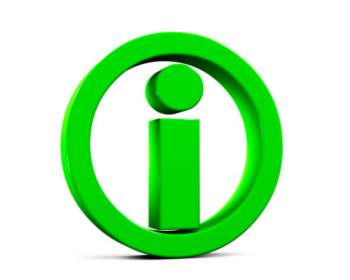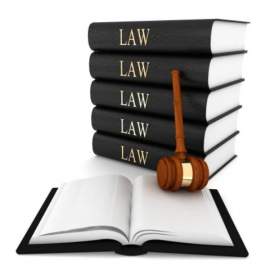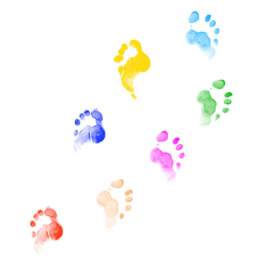
Hunting Licenses

In most locations, hunting licenses are required to hunt. Those licenses may be required for hunting on public land and private land, even when the hunter owns the land. Hunting licenses are used to regulate hunting. For example, individuals must be a certain age before they are allowed to hunt. In addition, hunters may be required to take courses on hunting, such as safety courses and courses about the ethical way to hunt.
In some states, a hunting license will only granted to so many people,in order to prevent over hunting in a certain area. Those that obtain a hunting license, are expected to follow moral and ethical practices when hunting. For example, hunters may not injure an animal and leave it there. Hunters are expected to track animals that they injure, in order to prevent pain for the animal and possible injury to people if that animal should come into contact with people.
Hunting licenses may require that hunters take courses, so that they are aware of the local regulations which govern hunting. For example, a hunting license may only allow hunters to take so many animals in a single season. In fact, hunters may be required to check in with any animals they have taken, so that the state can keep track of how many animals have been taken in total. These numbers may help the state to determine how a certain population f animals are doing in each geographic location.
NEXT: Quick Guide to Hunting License





















